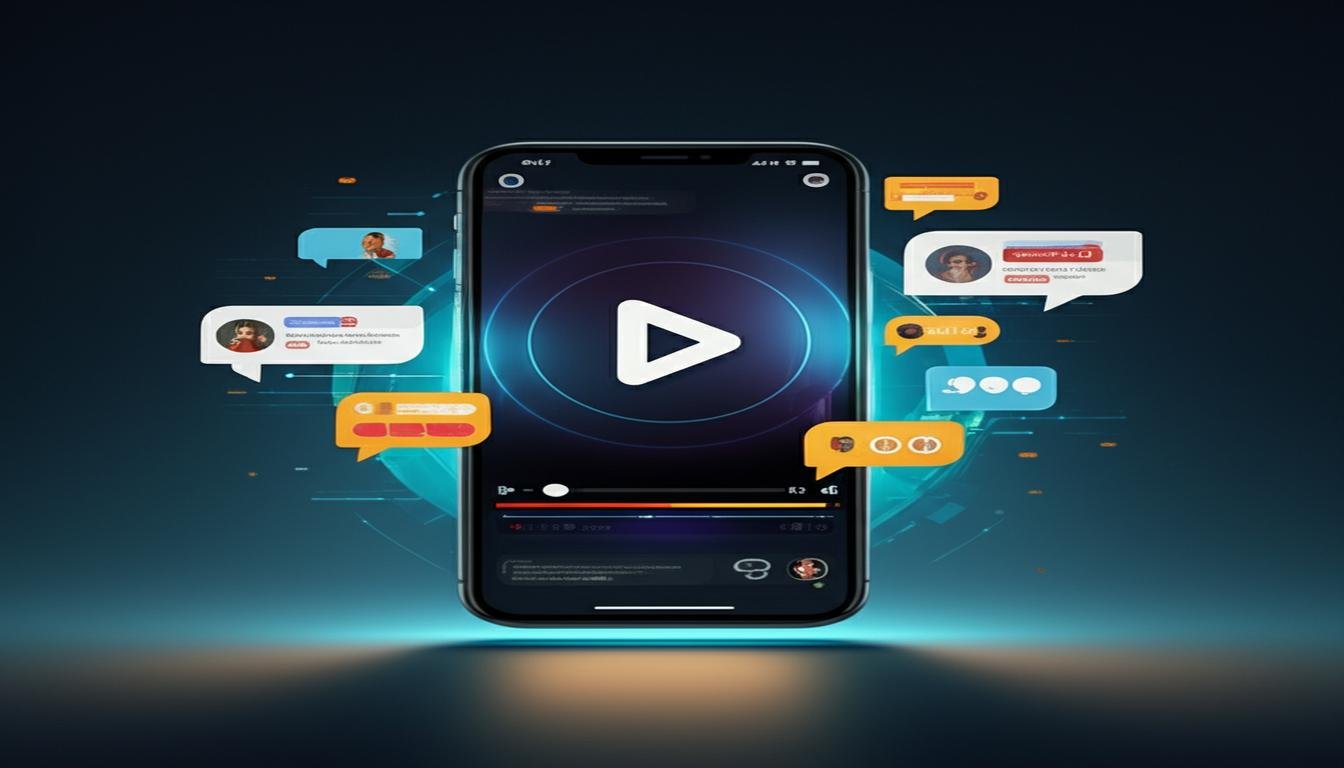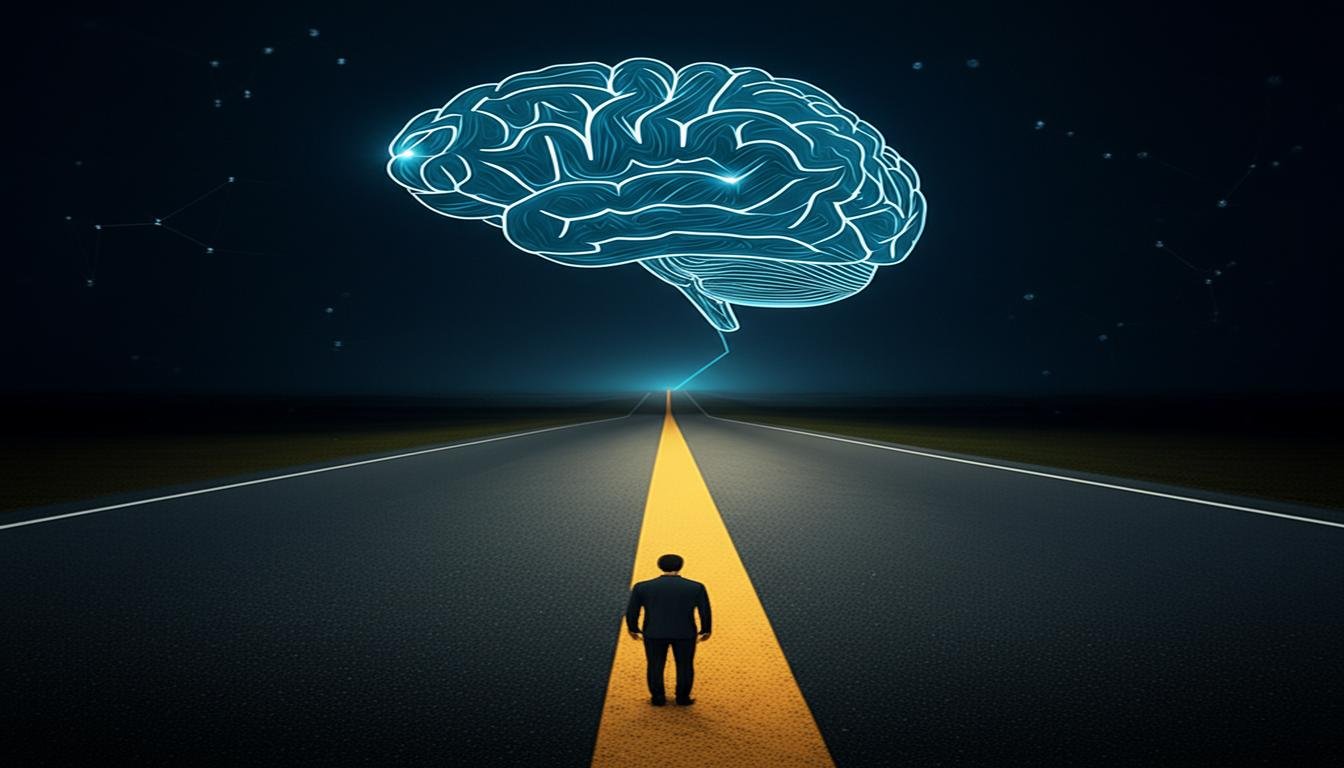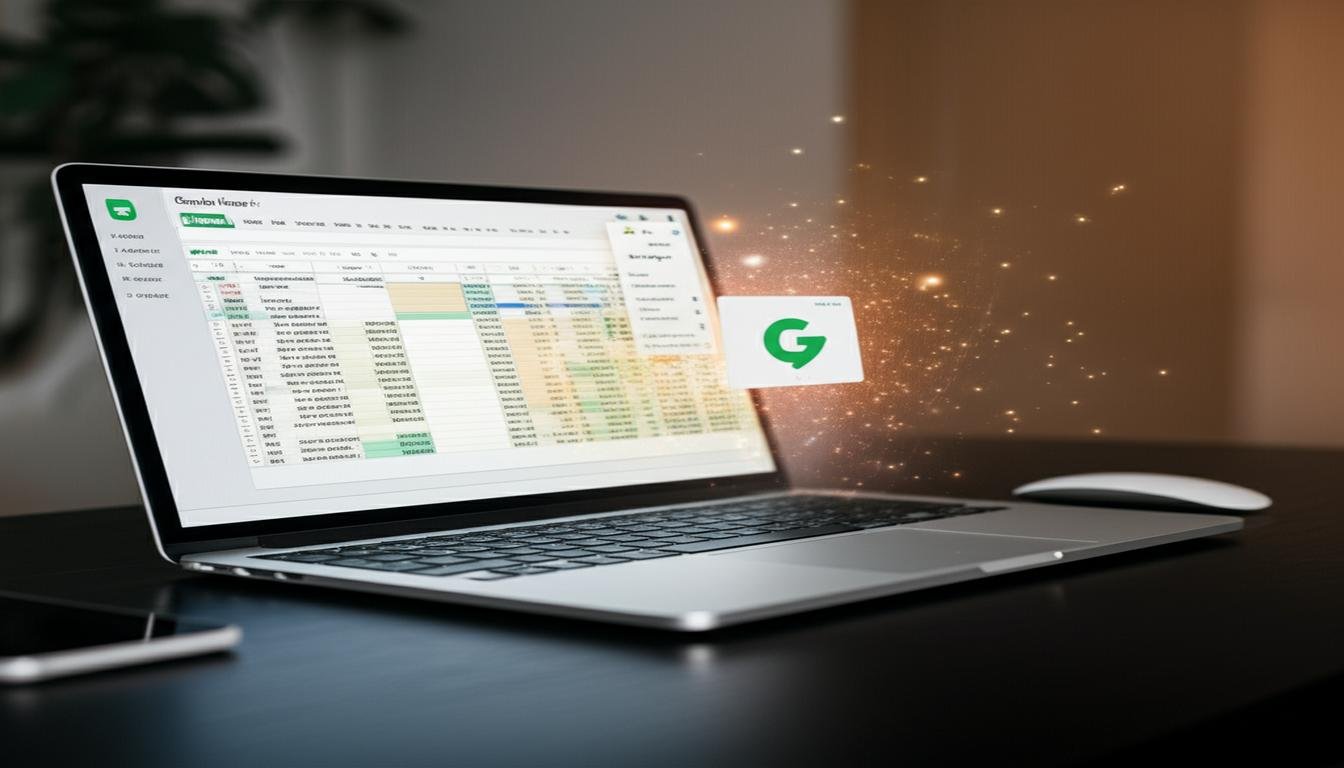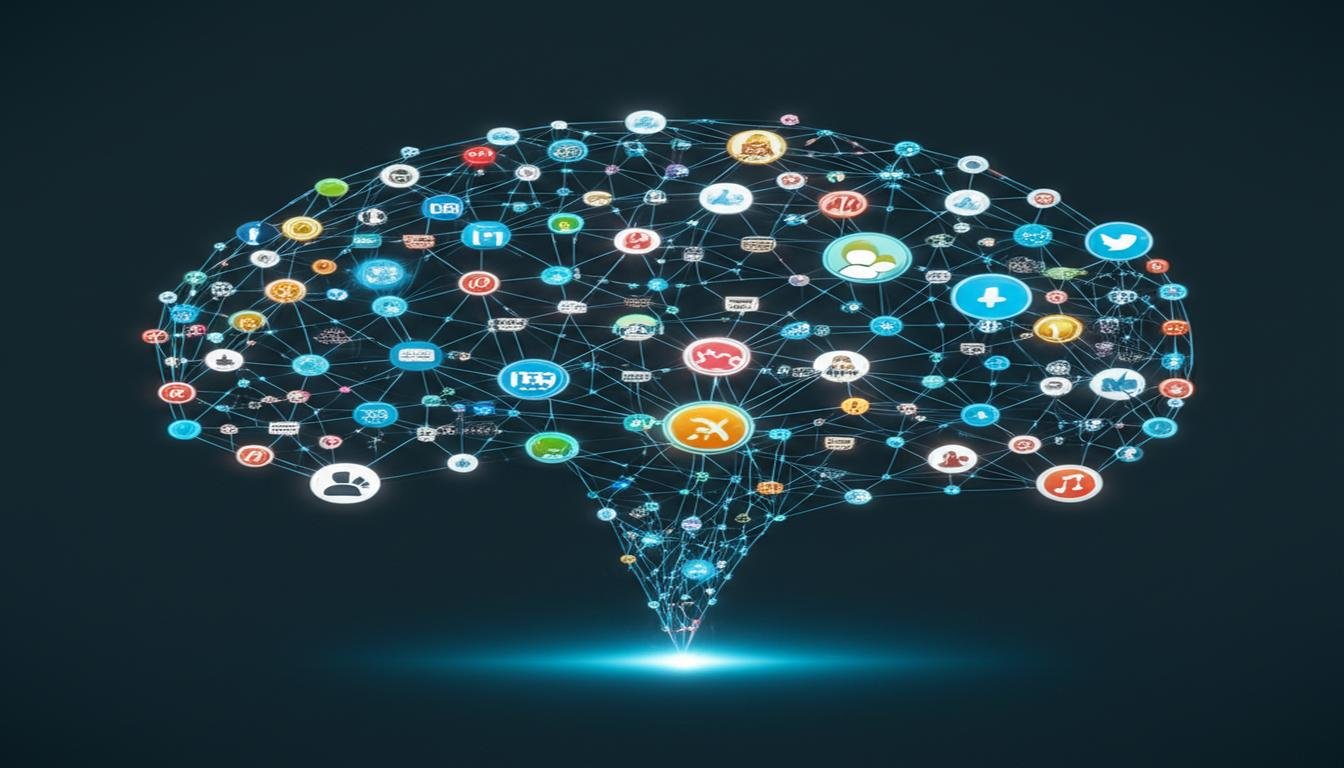The Hidden Dangers of Using AI at Work – Read This Before It’s Too Late
Let’s be real for a second: artificial intelligence, or AI, feels like magic sometimes. It can write emails, analyze data, and even brainstorm ideas faster than you can brew your morning coffee. In workplaces worldwide, from marketing agencies to financial firms, AI tools are becoming indispensable. And why not? They promise efficiency, speed, and innovation.
But what if this amazing helper has a dark side? What if, beneath the shiny surface of productivity, there are hidden pitfalls that could seriously impact your career, your company, and even your personal well-being? It’s time to pull back the curtain on the subtle, yet significant, dangers of relying too heavily on AI at work. This isn’t just about robots taking jobs; it’s about much more.
The Allure of AI: A Double-Edged Sword
Nobody denies the incredible upsides. AI can automate repetitive tasks, freeing up human minds for more creative or strategic work. It can process vast amounts of data in seconds, revealing patterns that would take humans weeks to uncover. From customer service chatbots to predictive analytics in sales, AI tools are genuinely transforming how we operate.
However, this very allure can make us blind to the risks. When something seems too good to be true, it often is. The seamless integration of AI into daily workflows can make us complacent, leading us down paths we hadn’t fully considered.
The Shadows Lurking Behind the Screen
Beyond the obvious benefits, there are several workplace AI pitfalls that demand your attention. Ignoring them could cost you dearly.
Data Security & Privacy Nightmares
Every time you feed sensitive company data or personal information into an AI tool, especially a public one, where does that data go? Many AI models “learn” from the data they process. This means your confidential reports, client lists, or unique business strategies could inadvertently become part of the AI’s public knowledge base or be exposed through security breaches.
Think about a new marketing campaign concept you’re brainstorming. If you ask an AI tool to refine it, that idea, potentially a competitive advantage, might no longer be exclusive to your company. The risks of AI tools regarding data leaks are very real.
The Erosion of Critical Thinking
When AI can write your reports, summarize your meetings, or even craft your presentations, it’s tempting to let it do the heavy lifting. But this convenience comes at a cost: your brain’s own ability to think deeply, analyze critically, and solve problems independently starts to weaken. It’s like using a calculator for every math problem – eventually, you might forget how to do basic arithmetic.
Relying on AI for decision-making can make us lazy thinkers. What happens when the AI is wrong, or when a truly novel problem arises that the AI hasn’t been trained on? Your critical thinking skills are your most valuable asset in a complex world.
Bias Amplification & Unfair Decisions
AI models learn from data created by humans. And guess what? Humans have biases. If the data used to train an AI reflects existing societal biases – for example, historical hiring patterns that favored one demographic over another – the AI will learn and perpetuate those biases. This is one of the most serious ethical AI challenges.
Imagine an AI used for resume screening. If it was trained on historical data where male candidates were disproportionately hired for certain roles, it might unfairly filter out equally qualified female candidates. AI doesn’t inherently understand fairness; it just reflects the patterns it sees. This can lead to discriminatory outcomes in hiring, promotions, and even performance reviews.
Job Displacement & Skill Obsolescence
While the goal isn’t always to replace humans, the reality is that AI can automate many tasks traditionally performed by people. This leads to concerns about job security and the need for new skills. If your core job functions are easily replicable by AI, it’s a wake-up call.
It’s not just about losing jobs; it’s about skills becoming outdated. If you rely on AI to generate all your content, your own writing and research skills might stagnate. The key is to evolve *with* AI, not be replaced by it.
The ‘Black Box’ Problem
Many advanced AI systems, particularly those using deep learning, are often referred to as “black boxes.” This means that even the engineers who created them can’t always fully explain *why* the AI made a particular decision or arrived at a specific output. It’s incredibly complex.
If you’re making critical business decisions based on AI recommendations and can’t explain the underlying logic, you’re operating on faith, not fact. This lack of transparency can be a massive risk, especially in sensitive areas like finance, healthcare, or legal work.
What Can You Do Before It’s Too Late?
Don’t panic, but do act. Understanding the dangers of using AI at work empowers you to navigate this new landscape more wisely. Here’s how to protect yourself and your organization:
- Be Skeptical & Verify: Always double-check AI-generated content, data, or recommendations. Treat AI as a helpful assistant, not an infallible expert. Your human oversight is crucial.
- Guard Your Data: Be extremely cautious about what sensitive information you feed into public AI tools. Understand your company’s policies on AI use and data privacy.
- Develop AI Literacy: Learn how AI works, its capabilities, and its limitations. The more you understand, the better you can leverage it responsibly and spot potential problems.
- Focus on Uniquely Human Skills: AI can’t replicate empathy, emotional intelligence, complex ethical reasoning, original creativity, or truly strategic, visionary thinking. Cultivate and highlight these skills. They are your competitive edge.
- Advocate for Ethical AI Use: Push for clear guidelines and policies within your organization regarding AI implementation, transparency, and accountability.
Your Future in an AI World
AI is here to stay, and it will only become more integrated into our professional lives. The goal isn’t to fear it or reject it, but to understand its true nature – both its incredible power and its significant limitations. By being aware of these hidden dangers, you can ensure that AI remains a tool that empowers you, rather than a force that undermines your skills, privacy, or ethical standards.
Take control of your relationship with AI now. Your future in the workplace depends on it.









